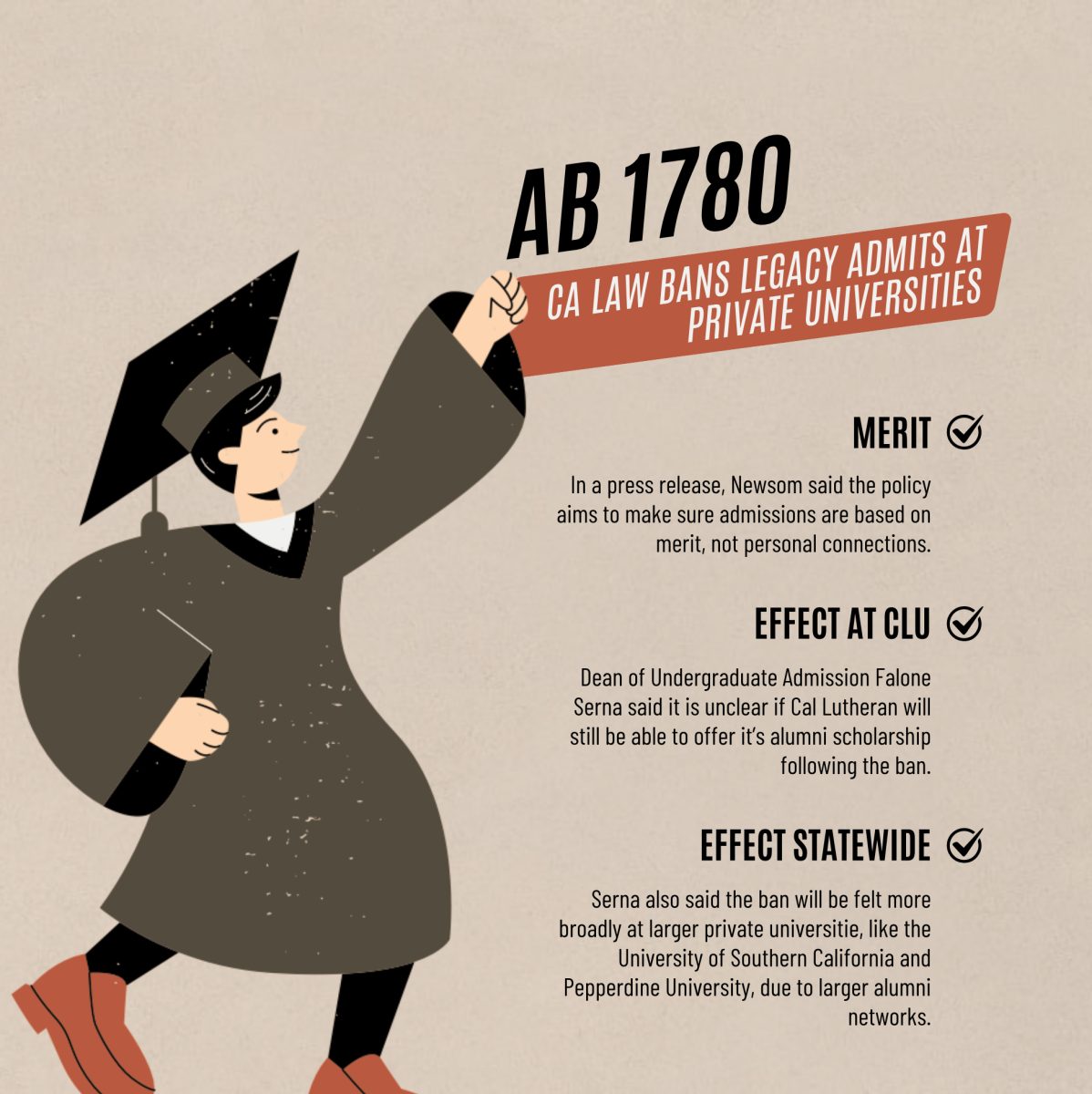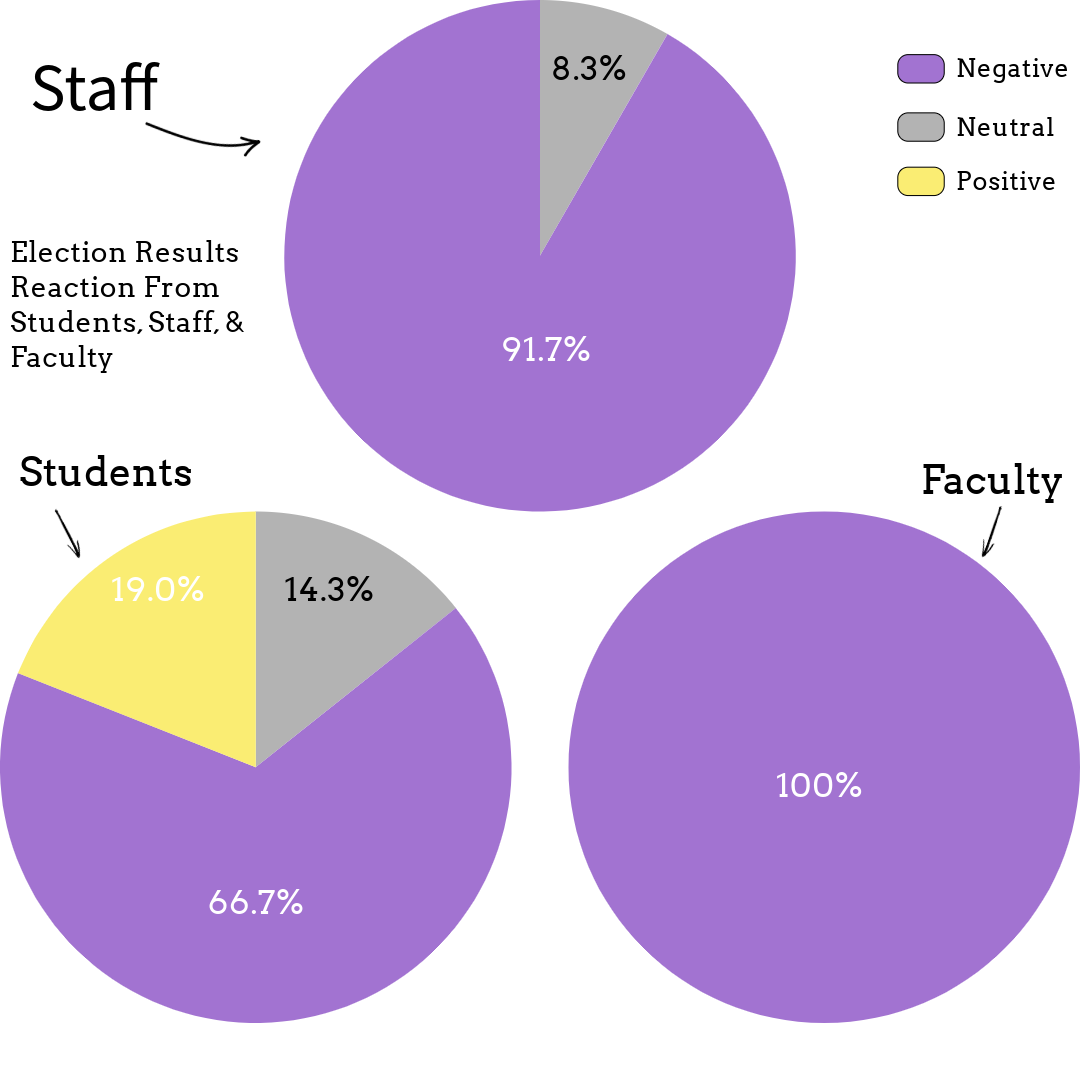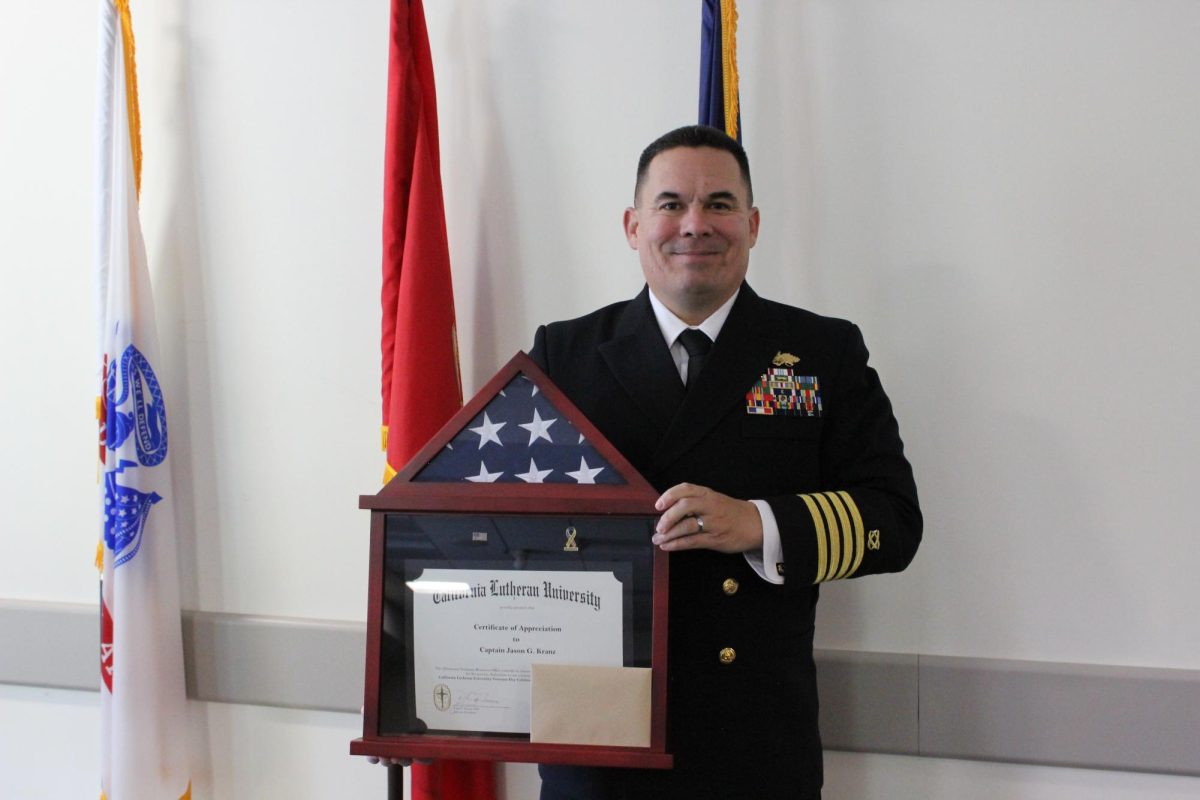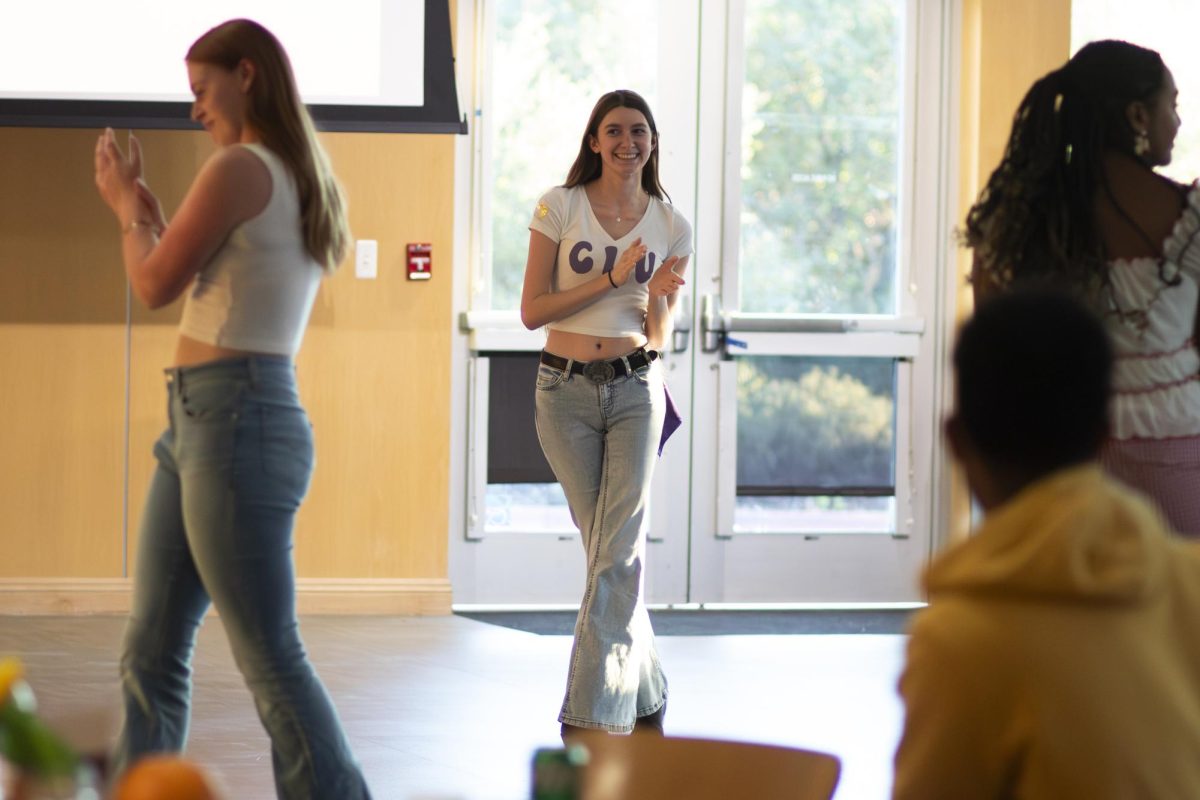California Governor Gavin Newsom signed AB 1780 into law, banning legacy admissions for private, nonprofit universities and colleges on Sept. 30.
According to a press release from Newsom, the purpose of this law is to make sure that wealth or personal factors are not part of the admission decision process. According to gov.ca.gov, the policy aims to make sure college admission decisions are based on merit and not on personal connections, which helps to reduce bias from private universities in California.
“In California, everyone should be able to get ahead through merit, skill, and hard work. The California Dream shouldn’t be accessible to just a lucky few, which is why we’re opening the door to higher education wide enough for everyone, fairly,” Newsom said in a press release.
All California private academic institutions must submit an annual report to communicate their agreement with this new law, according to the press release.
Kiku Huckle, associate professor of political science at California Lutheran University, spoke about how she views this change and how it will impact students at private institutions.
“I believe the intent of the legislation is to make it a more equitable process so that more students would have an opportunity to attend those schools, regardless of if their family has historically attended that university as well,” Huckle said.
Huckle said students who come from wealthy families, like those involved in the Varsity Blue scandal that happened at the University of Southern California with families donating money so that their students have an easy way to be accepted by the school, has always resulted in an issue within college admissions.
“I think the impact of the change should have people be interested in focusing on what admissions look like overall,” Huckle said.
Cal Lutheran’s Dean of Undergraduate Admission Falone Serna discussed his perspective on the new law and how it will impact the university’s undergraduate admission.
“We all have different reasons and different things we are trying to accomplish with our incoming class, and I feel like the more we are limited as far as what information we get on the students, it makes harder for us to just select the students we feel would be most successful at our institutions,” Serna said.
Serna said it is rare for an incoming student to gain admission due to their family members being the university’s alumni.
“I’ll use Cal Lutheran as an example. We are a younger institution, so we’re still building our alumni network,” Serna said. “And the stronger that gets, I think the better you know, when it comes to word-of-mouth promotion or just getting people out in the world doing great things and being successful, we’re very happy when children of our graduates want to come here and experience the same thing that their parents or grandparents or other relatives experience.”
Additionally, Serna said USC and Pepperdine University are two private universities that will be impacted by this law due to having a greater number of alumni.
Serna said the Cal Lutheran Office of Undergraduate Admission will have to revisit the alumni scholarship to ensure that they are still following the guidelines with this recent law.
“If we are no longer able to offer that, that is unfortunate, but you know, we’ll still try to find other ways to try to attract our legacies and children of alumni, because again, I think they add a lot to the community,” Serna said.
Serna said that he thinks this new California law will not change much, based on his experience.
“In my experience, children of alumni tend to be very strong students,” Falone said. “They also tend to be, you know, if they end up coming there, they end up being some of our best and biggest cheerleaders on campus, because they already know the traditions and the history and so that’s another aspect that they bring to the community.”













